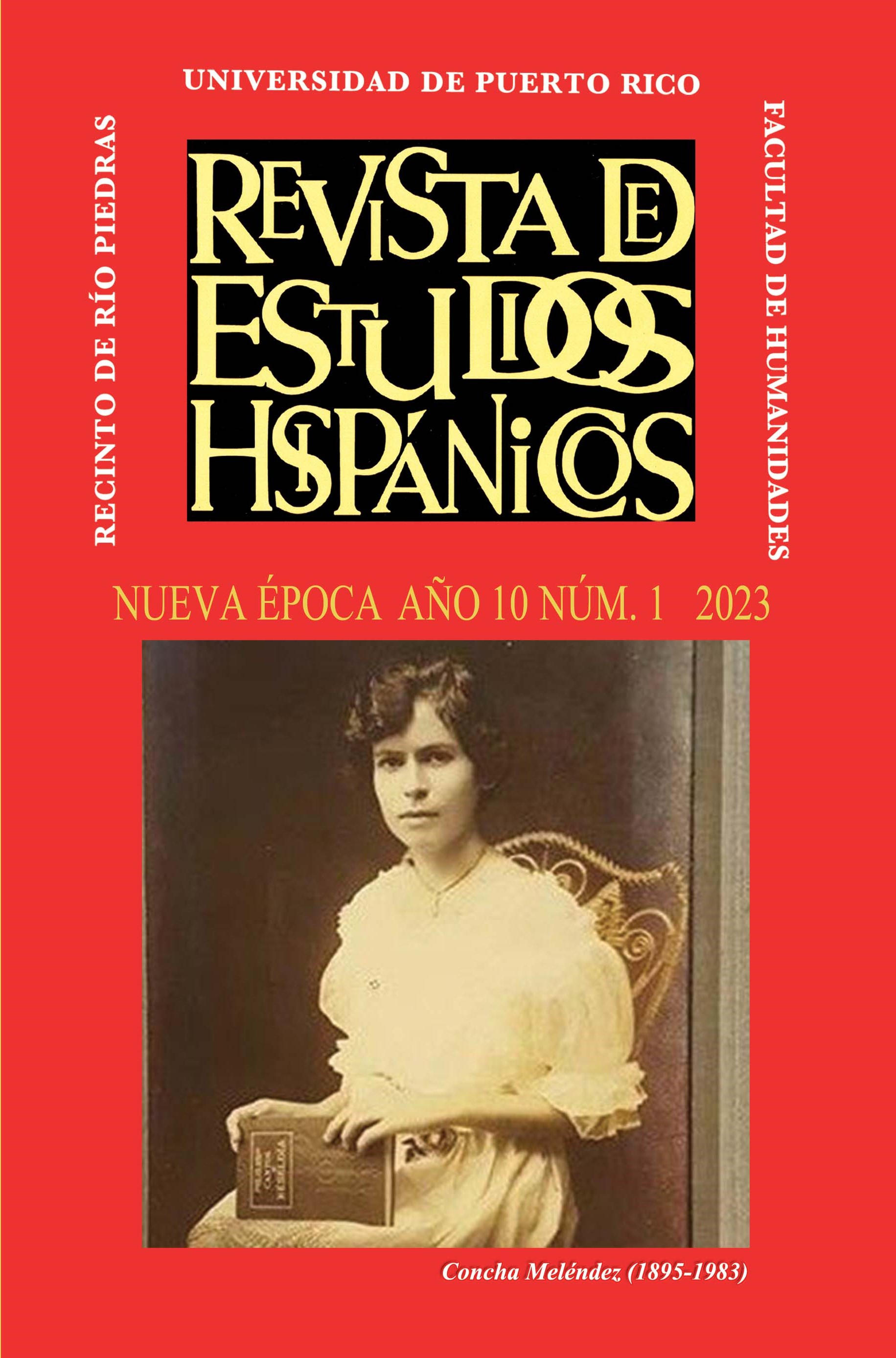Abstract
When reading La madre Naturaleza (1887) from a gender perspective, we are surprised by the ability and use with which Emilia Pardo Bazán exposes in its pages the praxis of male homosociability. The present study aims to decipher the Pardonbazanian nuances with which the author presents to the reader of her time this sexual behavior, assumed by her as a reality as legitimate as heterosexual relationships. In doing so, Countess Pardo Bazán is clearly committed to the free expression of sexual desires and erotic impulses of people, as well as the liberation of women from the protection of hegemonic masculinity.

This work is licensed under a Creative Commons Attribution-NonCommercial 4.0 International License.

